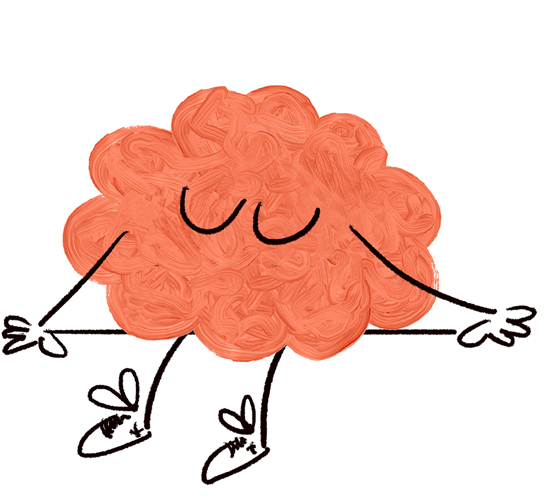Some of the signs and symptoms of sleep disorders include extreme daytime sleepiness, irregular breathing or increased movement during sleep. Other signs and symptoms include an irregular sleep and wake cycle and difficulty falling asleep.
If you are struggling with sleeping there may be some things you can try to do to help yourself:
If your sleep problems continue for a long time or the things you have tried are not helping you should talk to your GP or someone you trust.

Ways in which you can get support with your sleeping problems
Young minds have produced a short blog with tips on building a routine to improve sleep
NHS Every Mind Matters provide advice and support about a range of things impacting on sleep
Helping you to keep a diary and log of your sleep patterns
Local information about services available to support your mental health